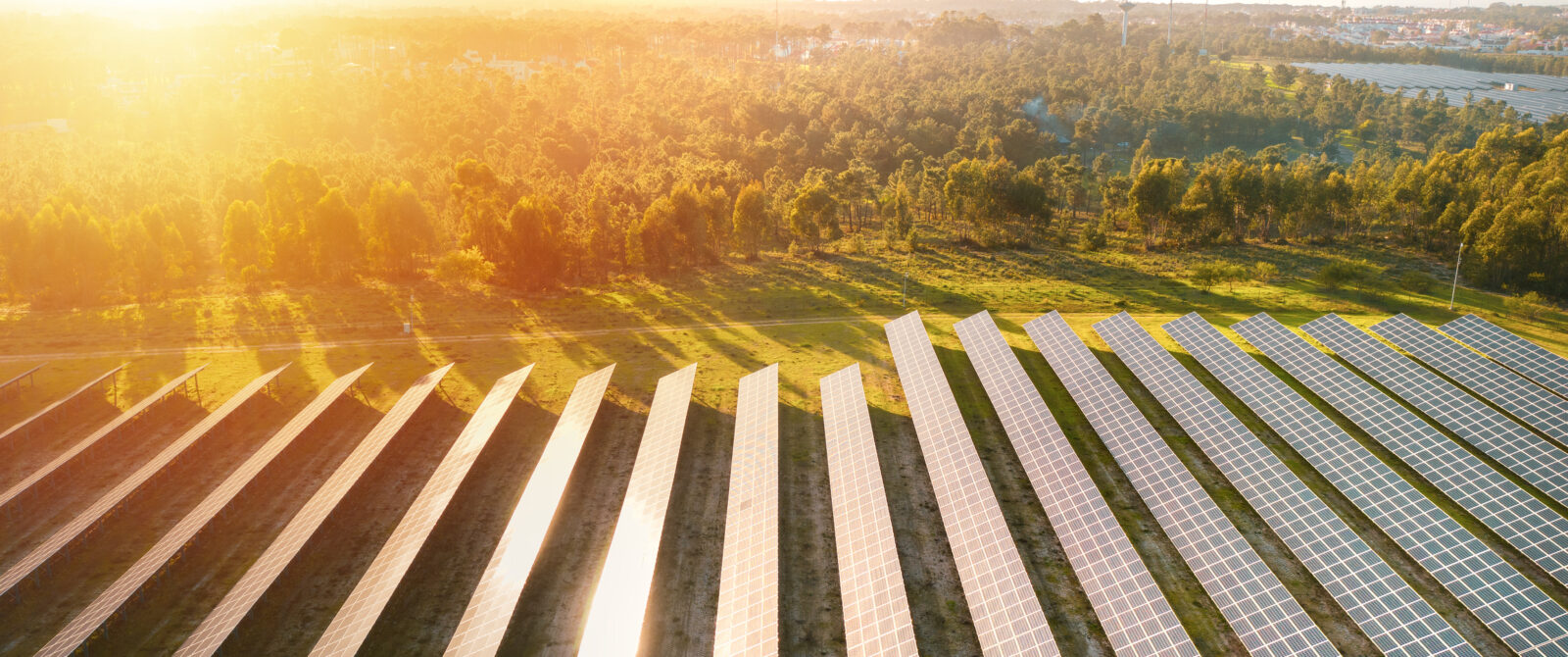Portugal is committed to energy transition
It’s not easy, but Portugal seems to be in a position to continue building a strategy towards carbon neutrality and a carbon-neutral economy, based on renewable energy sources, and focusing on energy efficiency and energy consumers.”
The Paris Agreement, in 2015, brought about a paradigm shift in society: that only if everyone contributed would it be possible to overcome the challenge of climate change and cap the warming of the planet at just 2ºC above pre-industrial levels. Following on from this, the European Commission unveiled a series of strategic packages aimed at responding in different areas to this global challenge. Of these, the Climate 2030 Energy Package, the Clean Mobility Package and the Clean Energy Package for all Europeans stand out.
The latter envisages “that all Member States draw up and submit to the European Commission an integrated National Energy and Climate Plan (NECP) for the period to 2030”, says Portugal Energy, a plan presented as “the main instrument of energy and climate for the decade 2021-2030”.
The goals are ambitious, but in this regard “Portugal is in a strong position to continue building a strategy towards carbon neutrality and a carbon-neutral economy, based on renewable energy sources, and focusing on energy efficiency and energy consumers.”
The vision for Portugal to achieve carbon neutrality in 2050 seems simple: to promote the decarbonisation of the economy and energy transition with a view to carbon neutrality in 2050, as an opportunity for the country, based on a democratic and fair model of territorial cohesion that enhances the generation of wealth and efficient use of resources.
Basically, the national goals for 2030 assume a 45% to 55% reduction in greenhouse gases, a 35% increase in energy efficiency, a further 47% use of renewables, 20% in renewables in transport and an increase of 15% in electrical interconnection capacity.
An inclusive energy transition
The responses created for the closure of the Pego coal-fired power plant “show that we can make the energy transition without leaving anyone behind, ensuring that the historic milestone of a Portugal without electricity produced by coal is possible, with gains for the environment and with no loss of employment, income, or the attractiveness of the country.” So said Prime Minister António Costa, last November at the unveiling of his Measures for a Fair Transition. “For this transition to be successful, it also needs to be fair and inclusive, leaving no one behind.”
These measures will be funded by 224 million euros, which will be split into three areas. Matosinhos, which saw the closure of the Galp oil refinery, will receive 60 million euros. The Mid-Tejo region, whose thermoelectric station at Pego was closed, and the Centro Litoral, which has carbon-heavy industry such as glass and ceramics, will be given 90 million each. Finally, 74 million euros will be awarded to Sines, where the coal-fired power plant was closed and which is home to the petroleum products industry.
The Prime Minister pointed out that the two coal-fired power plants, in Pego and in Sines, generated 28% of the country’s electricity consumed in 2015. The closure of these plants contributed very significantly towards cutting CO2 emissions, since closing them has taken the country 10% towards achieving the carbon neutrality goal for 2050.
The RRP commitment
The first notice was issued in June inviting applications for assistance from the Recovery and Resilience Plan (RRP) to implement collective self-consumption and renewable energy communities, with an amount of 30 million euros. In a statement cited by the Lusa agency, the Ministry for the Environment and Climate Action claims that the objective of the programme is “to finance measures that encourage the production of electricity from renewable sources under a Collective Self-Consumption (CSC) and Renewable Energy Communities (REC) system.”
The government department headed up by Duarte Cordeiro states that the aim is that the measures to be supported “could lead, on average, to at least a 30% reduction in consumption of primary energy in buildings so funded, and contribute to reinforcing capacity in self-consumption and REC in residential, central public administration and service sectors, by at least 93 megawatts”.
The news seems to be positive. Last April, electricity production reached 3533 GWh, with 68.6% coming from renewable energies and just 31.4% from fossil energies.











